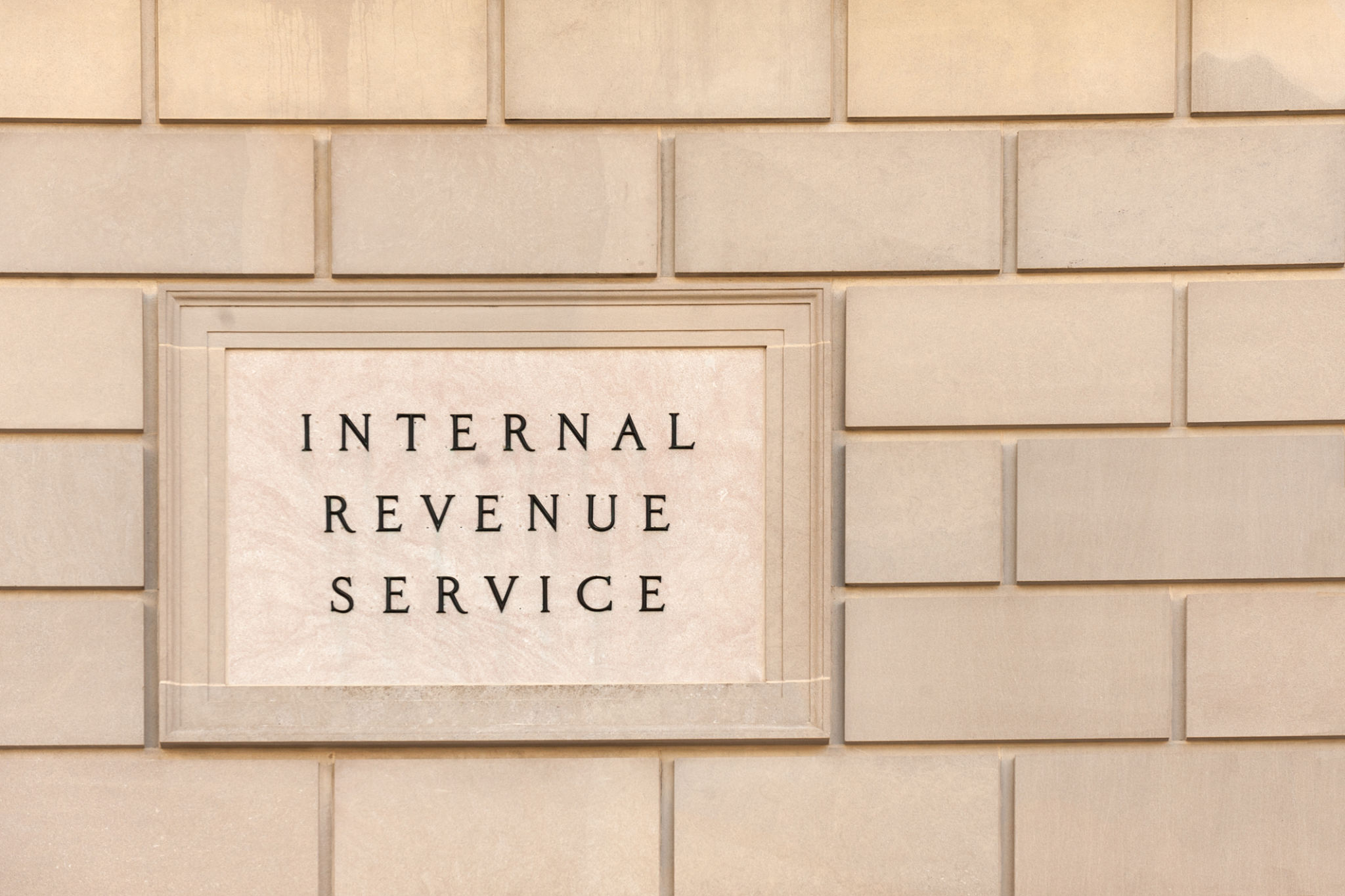Navigating IRS Audits: What You Need to Know
Understanding IRS Audits
Facing an IRS audit can be a daunting experience for any taxpayer. However, understanding the process and knowing what to expect can help alleviate some of the stress. An IRS audit is essentially a review or examination of an organization's or individual's accounts and financial information to ensure the information is reported correctly according to tax laws.

Types of IRS Audits
There are several types of IRS audits that you might encounter. The most common are:
- Correspondence Audit: This is the most common and simplest type of audit. It is conducted via mail and usually involves minor issues.
- Office Audit: Conducted at an IRS office, this audit requires you to bring specific documents for review.
- Field Audit: The most comprehensive type, where an IRS agent visits your home or business to conduct the audit.
Preparing for an Audit
Preparation is key when it comes to facing an IRS audit. Start by organizing all relevant documents, such as receipts, invoices, and previous tax returns. It's crucial to have everything in order to provide the necessary information promptly.

Consider consulting with a tax professional who can guide you through the process. A professional can help you understand what the IRS is looking for and offer advice on how to present your information effectively.
What to Expect During an Audit
During the audit, the IRS will review your financial records to verify that your income, expenses, and deductions are reported accurately. The auditor may ask questions or request additional documentation.

It's important to be open and cooperative throughout the process. Answer questions honestly and provide requested documents in a timely manner. Remember, the goal is to resolve any discrepancies and ensure that your tax return is accurate.
Common Outcomes of an Audit
An audit can result in several outcomes:
- No Change: If everything checks out, there will be no adjustment to your tax return.
- Agreed Adjustment: If discrepancies are found, you may agree to a proposed adjustment, which could result in additional taxes owed.
- Disagreed Adjustment: If you disagree with the findings, you can appeal the decision.
Appealing an Audit Decision
If you disagree with the outcome of your audit, you have the right to appeal. The IRS provides a formal process for this, starting with filing a written protest. It's advisable to work with a tax attorney or accountant during this process to ensure your appeal is well-prepared and presented effectively.
Overall, while an IRS audit can be intimidating, being well-prepared and informed can significantly ease the process. By understanding your rights and responsibilities, you can navigate an audit with confidence.
